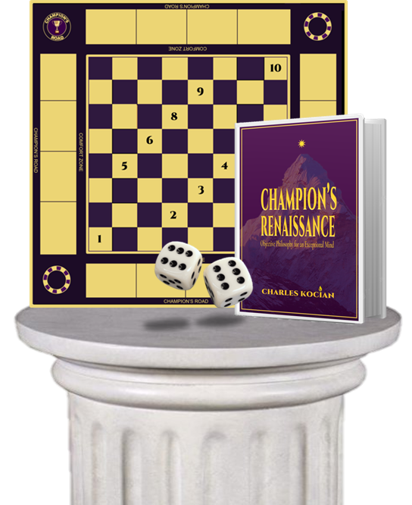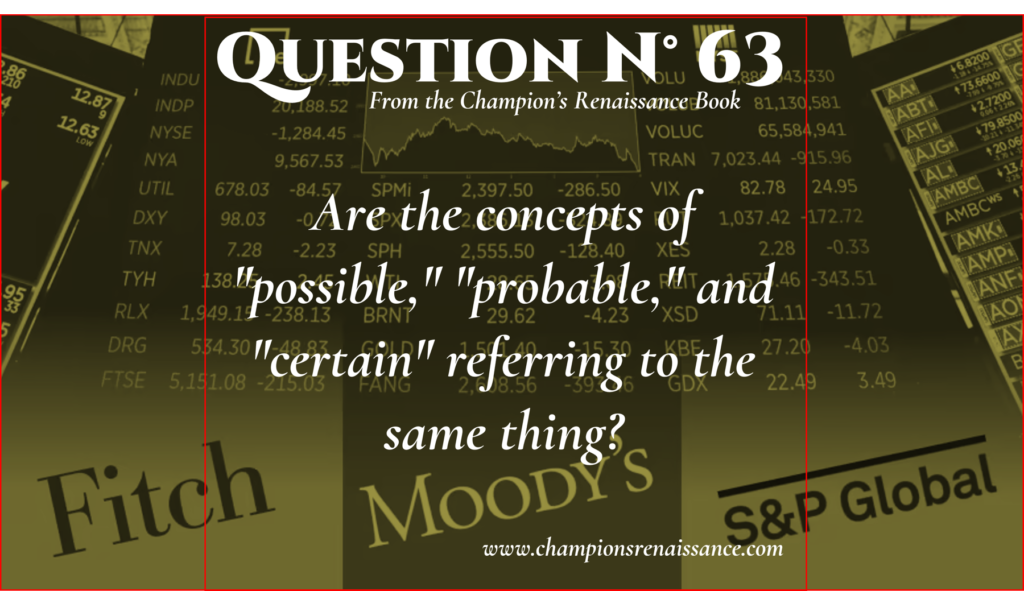
(Answer at the end).
CERTAINTY
By Charles Kocian
In Wikipedia we can read: “… On August 1, 2023 Fitch downgraded USA long-term credit rating to AA+ from AAA.” CNBC explained in its website that “Fitch Ratings downgraded the United States’ long-term foreign currency issuer default rating to AA+ from AAA on Tuesday, pointing to “expected fiscal deterioration over the next three years,” an erosion of governance and a growing general debt burden. The repeated debt-limit political standoffs and last-minute resolutions have eroded confidence in fiscal management…”
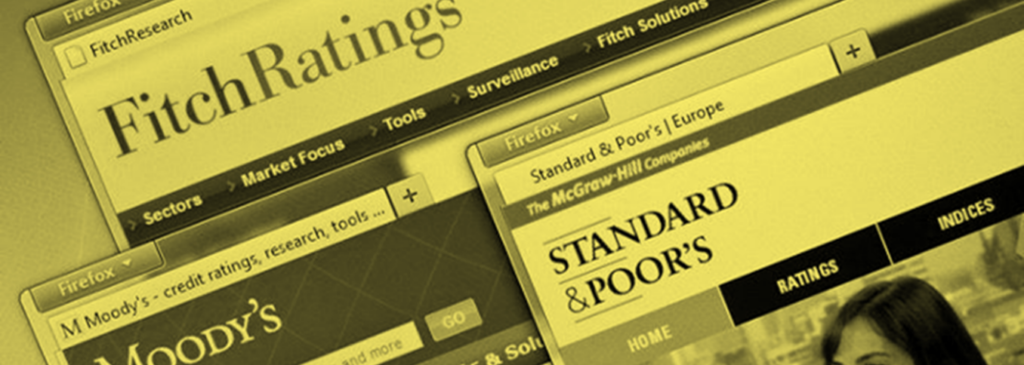
Fitch, one of the 3 main international credit rating agencies.
Fitch along with Moody’s and Standard & Poor’s is one of the top three international credit rating agencies. It measures the viability of investments relative to the likelihood of default using a letter system; for instance, a company rated D is the worst and AAA the best. The Fitch rating system define AAA as companies of exceptionally high quality (established, with consistent cash flows); AA as still high quality but with a low default risk; A rating has low default risk but are slightly more vulnerable to business or economic factors; BBB has low expectation of default, but business or economic factors could adversely affect the company; BB rating mean elevated vulnerability to default risk, more susceptible to adverse shifts in business or economic conditions, but still financially flexible; B mean degrading financial situation and high speculation.
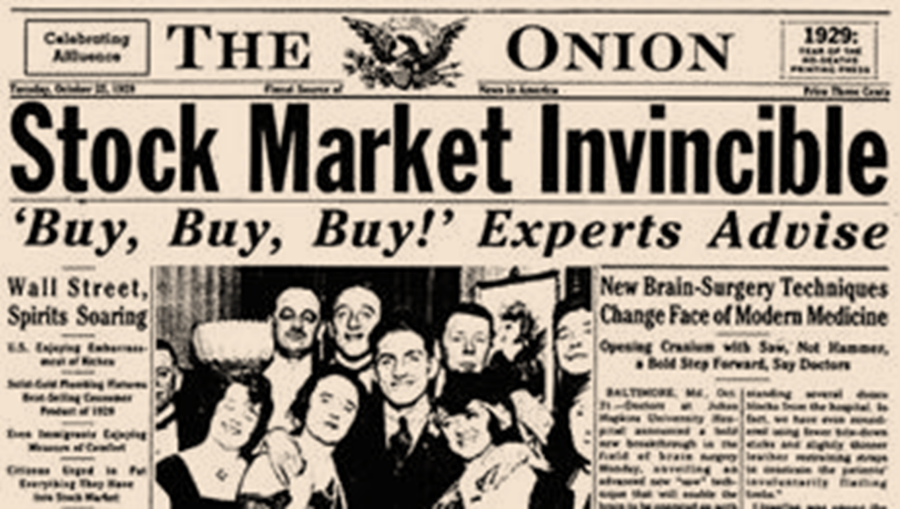
Good news before crash 1929.
By the way, in the Great Depression of 1929 the experts advice was not very good. The same happened in the crisis of 2008. Continuing with the meaning of the letters, the CCC rating means real possibility of default while CC are economies which default has a strong near probability. The C rating means default or that a default-like process has begun in some country and, finally, the D rating means the certainty of a defaulted nation. How accurate are these definitions? They look like generalizations or are based in precise details and facts? To measure economies, objectively, is not an easy task, and although the ratings are based on reality (not faith), they are not accurate enough to predict the future.
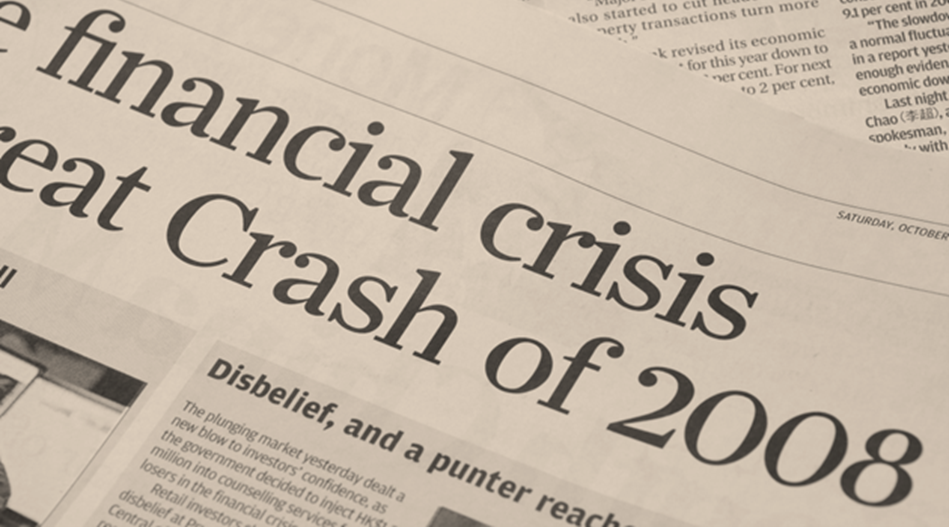
The Agency Rating Authorities where not very accurate in the Crash of 2008.
Objective reasoning identifies the objects in the physical space where animals live, including man, the rational-animal. But to think or not to think is volitive, so the critical thinking faculty of an individual is a choice, not something granted by birth. In the other hand, to have faith is to believe without checking the facts, to believe in the authority, including the authority of some rating agency. But again, to believe is not to think, to check, to review and to choose to use critical thinking skills. The film “The Big Short” showed the difference between, or to believe in the authorities or to discover the facts by your own. If you think about it, the 2008 financial hell happened because people choose faith on the authorities instead of their individual reason. To think is a born possibility, but not a certainty or a high probablility, and there is a difference between possibility, probability and certainty.
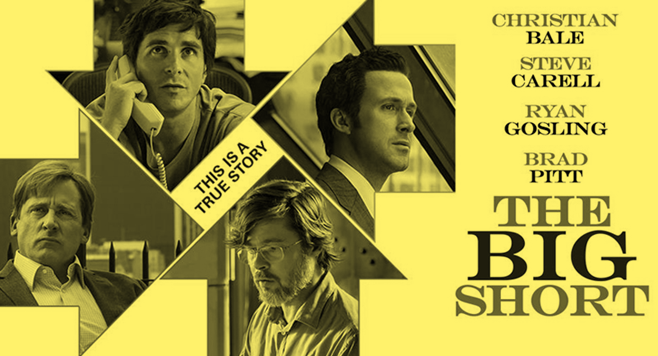
The Big Short Movie exposes the uncertainty of the makets.
During the Renaissance, Luther realized that the Vatican was deceiving people selling indulgencies. He was not only upset with the church’s greed but especially he did not believe the Catholic Church had any authority to forgive sins. He believed that the religious-ruled could liberate themselves individually from its religious-rulers, that is, the religious-ruled could reach salvation directly through prayer asking God’s mercy, achieving their spiritual independence from the religious-rulers. With that thought Luther began Protestantism and the Reformation. I think that Luther independence action in 1517 influenced King Henry VIII to cut relations with the Vatican in 1534, and later to the U.S. to declare its independence in 1776. The religious-ruled were free from the religious-rulers, and that individual template, I think, influenced U.S. citizens individuality, which morals and politics derive from religion, prayer and God. Perhaps the woke movement is just a subconscious rebelion against the supreme spiritual-ruler: God.
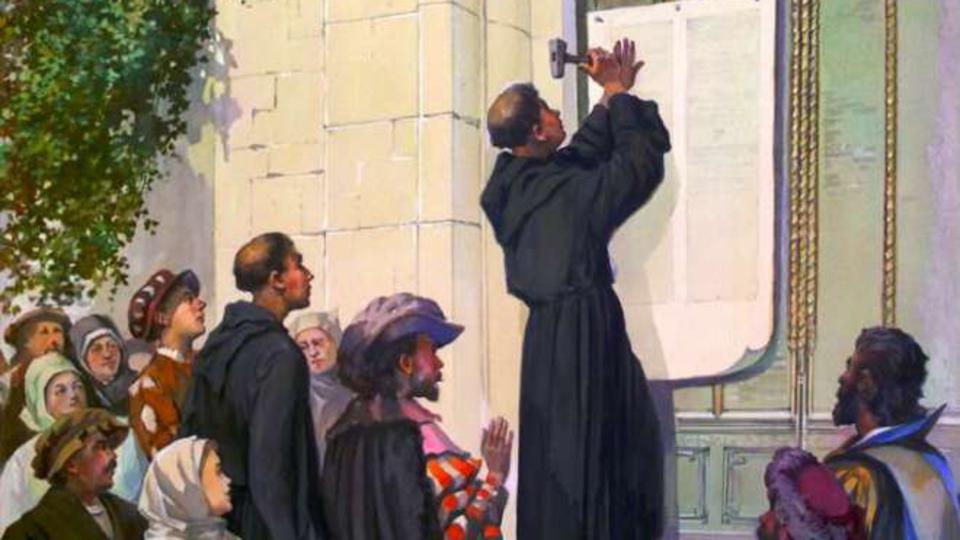
Luther rebelling to the religious-rulers.
Certainty has been an idea long discussed by philosophers through the centuries. In the Standford University website (as many others) we can see the long discussion about this topic. But because this blog and its posts are just an introduction for further studies, a kind of motivation to initiate a self-learning discovery, here we are going to limit our words, but we can be absolute certain of something being itself at any given time. Right now, your body is there, in the physical space where it is now. Your body can’t be and not be at the same time in two different places. How do you know it? Because sensory perceptions are reliable for a sane and sober person. All human progress derives from technology and science, and the scientific method looks for certain causes and effects. Mysticism is based in superstition and pesudoscience. But the reality in the physical space it is based on the absolute certainty of the Law of Identity identified by Aristotle that says A is A. We can be absolute certain that A is A, that something is equal to itself and is that and no other thing.
CONCLUSION
To live a good life, to achieve eudaimonia, it is important to differentiate the concepts possible, probable and certain. To understand the latter, it is important to discover why A is A and to be absolute sure that A is A. We better trust our cognitive faculty and choose to think objectively rather than follow the authorities, by faith. To think or not to think that is the question, not only to think, but to do it objectively. To be a man is a choice not something by birth, and to be certain why and how you can be certain, that produces great self-confidence and a feeling of pride. I highly recommend to play the game to dive deep in the topic of this question and discover its relations to the others.
Now answer to question 62.
QUESTION N° 62
Are the concepts of “possible,” “probable,” and “certain” referring to the same thing?
a) Yes.
b) No.
The answer is: b) No. When there is no evidence against and some in favour, something is “possible”; if there is enough evidence, but there are still doubts, something is “probable”; if the evidence is conclusive, its “certain”, because it leaves no room for doubt.
Leave your comments here.
